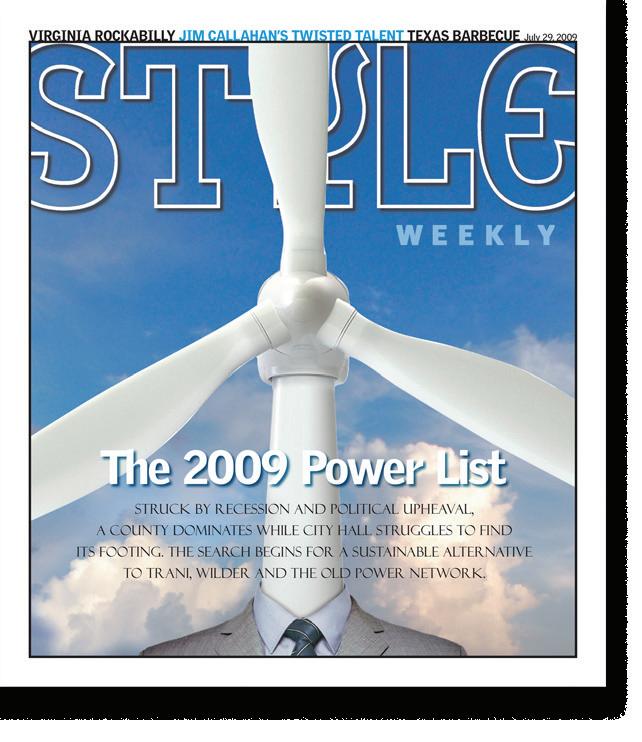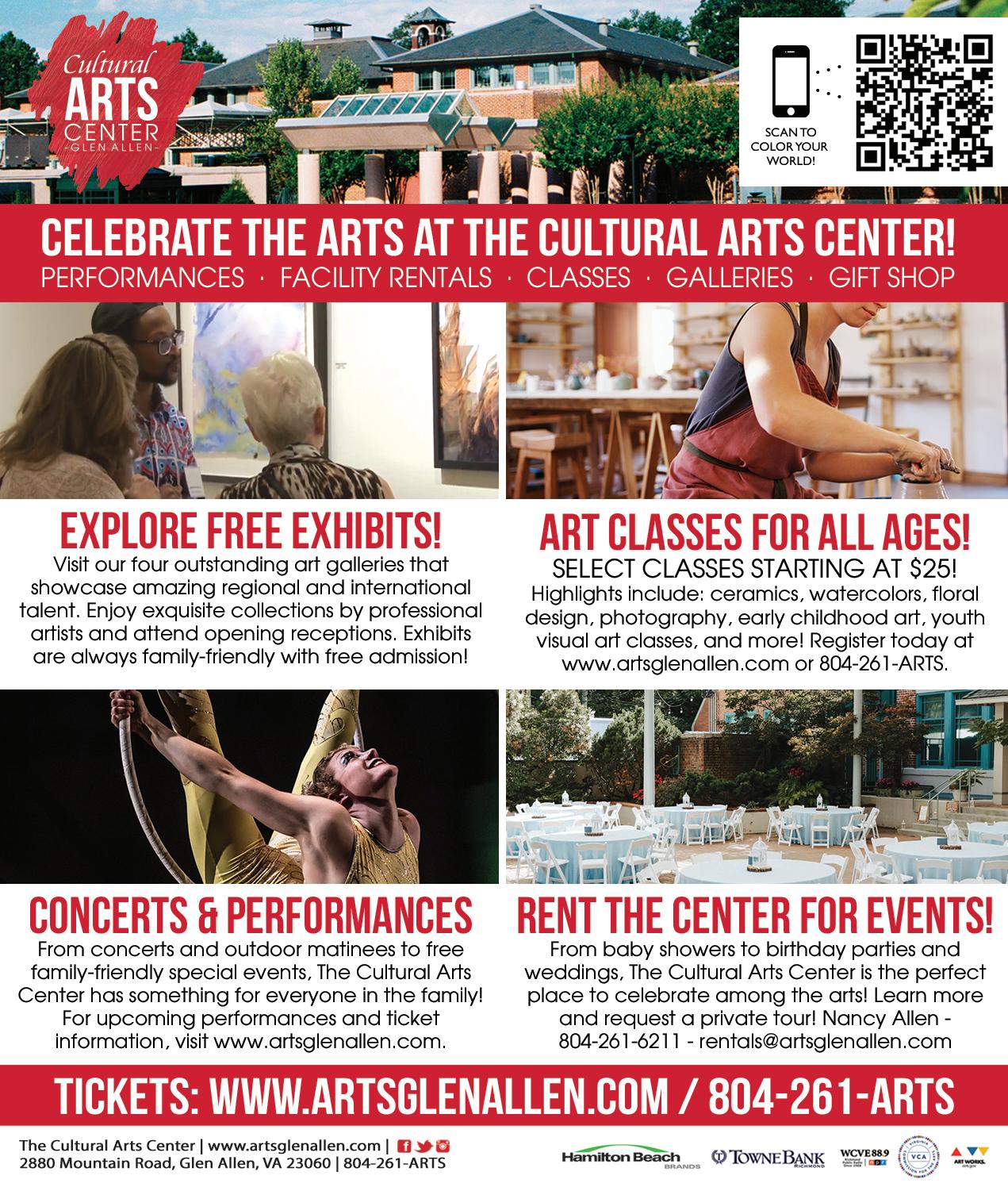
2 minute read
2000s
Scott Bass
NEWS EDITOR: 2003-2013
I recall having a lot of freedom to pursue important stories. When I was there, we weren’t big on investigative stories in the traditional sense, but we challenged the leadership in the city, particularly the business community, which had taken on a sort of paternalistic role politically, and that was significant.
We had a nice mix of pop culture, food and arts, music and solid journalism. We also played an important role in covering the city’s charter change a few years after I got there, to a mayor elected at large. When Wilder became mayor, it was a such a big moment for the city.

When I think of Style’s influence, I think of the Power List, which we started a few years after I got there. At first it was tough going, I think some people were taken aback by it, and not a lot of people wanted to participate initially. But within a few years, it had become kind of integral to Style’s brand. I recall how it was hard to get people to come into the studio for photos in the early going, but a year later that began to change. I recall someone calling on behalf of Jim Gilmore, the former governor, who was on the fence about coming in for a photo for the 2005 Power List. I think it might have been his wife, Roxanne, but not 100% sure. Anyhow, the individual said the governor was willing to come in for a photo, but they wanted to find out where he was on the list.
I explained that we couldn’t reveal that. She said something to the effect of Gilmore being worried he was dead last on the list, No. 75, in kind of a joking matter. I told her I couldn’t say. (He was No. 74.)
Jason Roop
Another way that Style stood out is that it would have the nerve to take authority over a topic, or to point to things and define them. To me, one of the best illustrations of this was the Power Issue. That was a big thing for us: We decided that we would declare it in a ranking, who was the most powerful person in Richmond? Our thinking was: For people to hold those in power accountable, you have to know who they are.
When we first set it up, we did a list of 75 [people], and we had a lot of conversations about what is power … The concept of who controls resources and who has influence over resources? There was an X factor, certain names – the Ukrops, Pam Reynolds, Eugene Trani – to evaluate that, you have to look at how much power VCU has, etc. We had to have a baseline, so we made a list of over 100 people and we scored them in different areas, using our best reporting. Then we calculated it up and that gave us a first ranking. Then we laid it out, I cut the names out. You’d have to look at 1-2, 2-3, 3-4. There was a lot of work behind that, a reported ranking, where that first ranking meant something.
So then we had to write about each person on the list. A lot of these people wanted nothing to do with the list, they didn’t want to be known as having power overtly. Some people objected to the use of the term, they thought it had a negative connotation. But we went ahead and did it. After awhile, we would start to hear stories from some of these powerful people who would call each other, or their buddy, and say, “hey, I beat you, etc.” We also had a big event, or Power Forum – so it gradually became more accepted locally.
Melissa Scott Sinclair
ASSOCIATE EDITOR (REPORTER): 2001-03

ASSOCIATE EDITOR (REPORTER): 2005-06
SENIOR REPORTER: 2010-2012
I grew up in Baltimore and then attended college in Delaware, so I had never lived in the South. To me,










